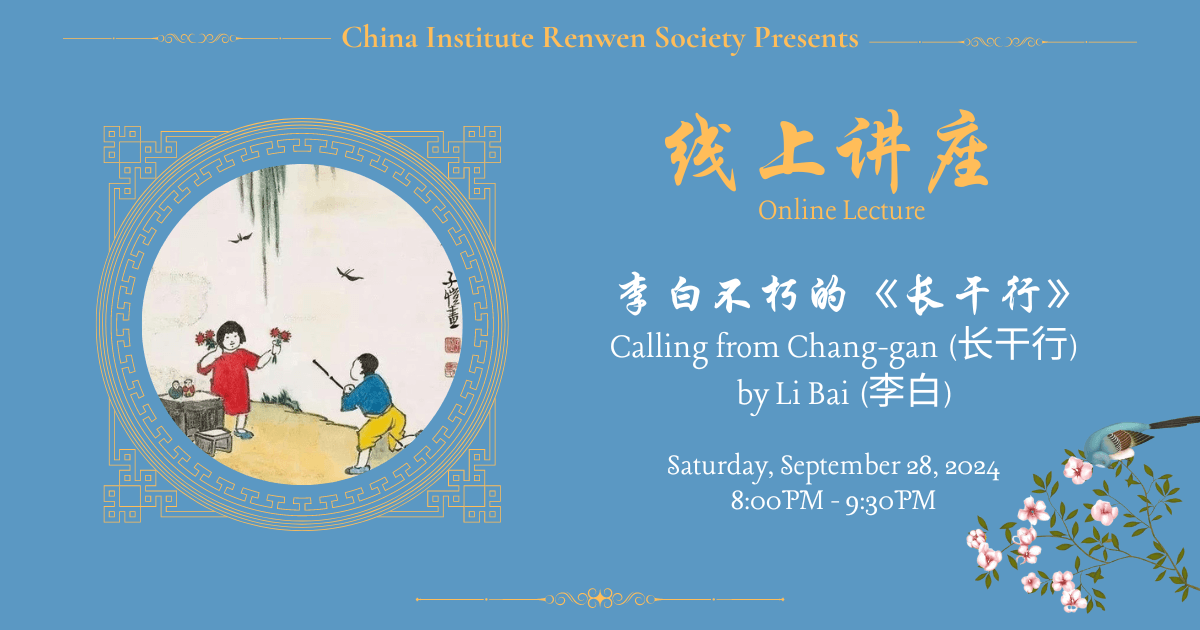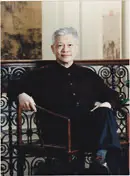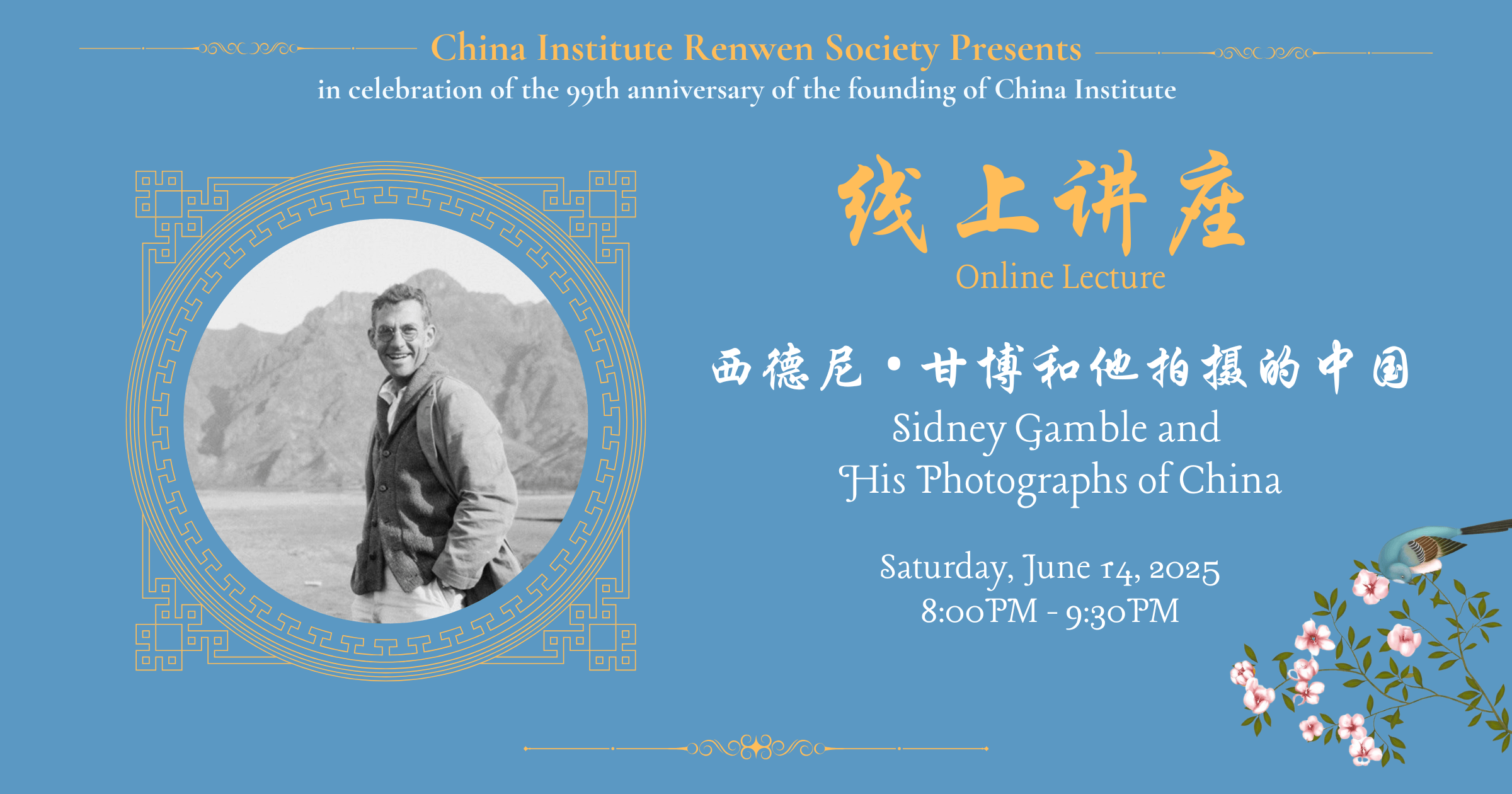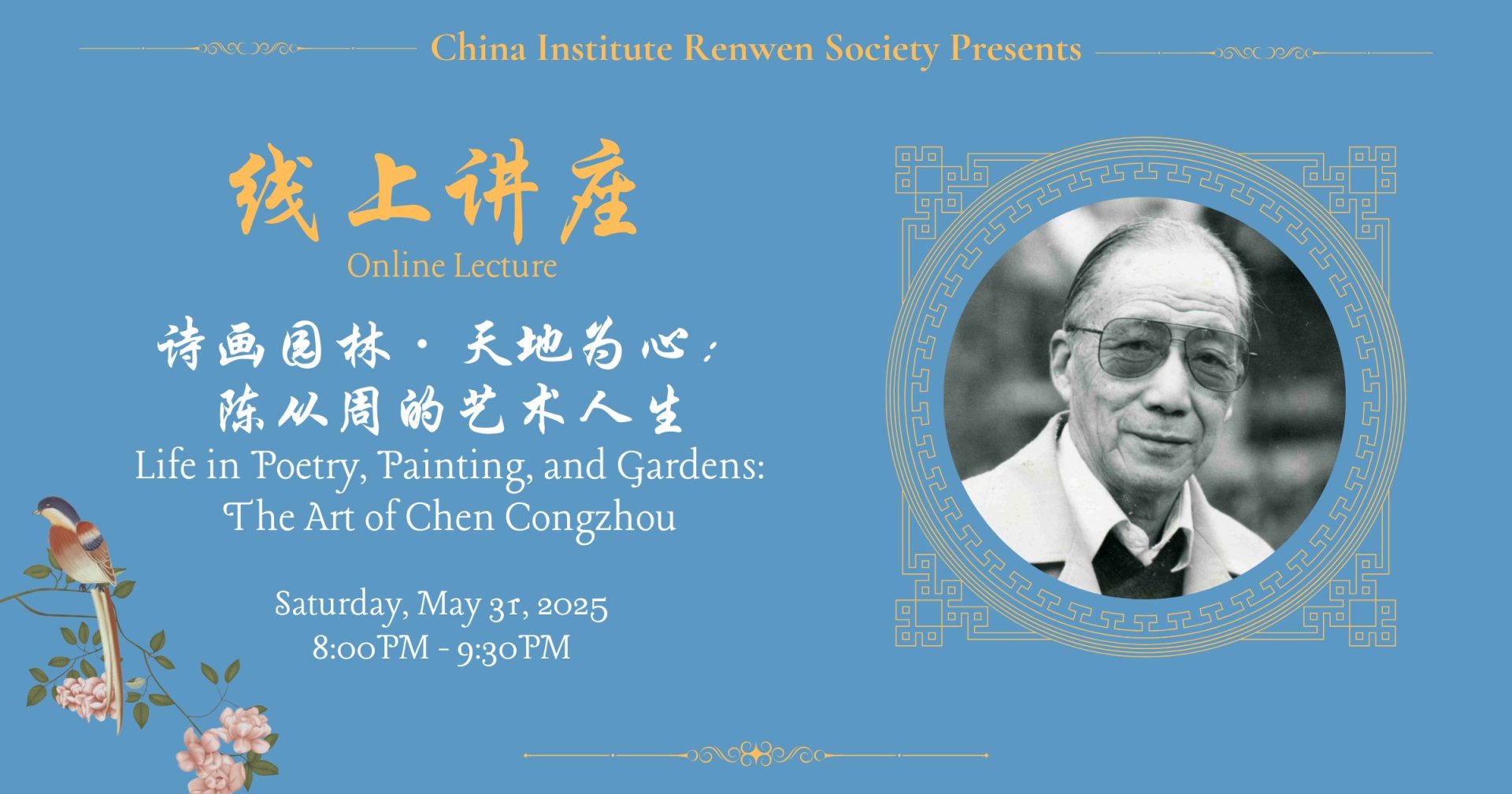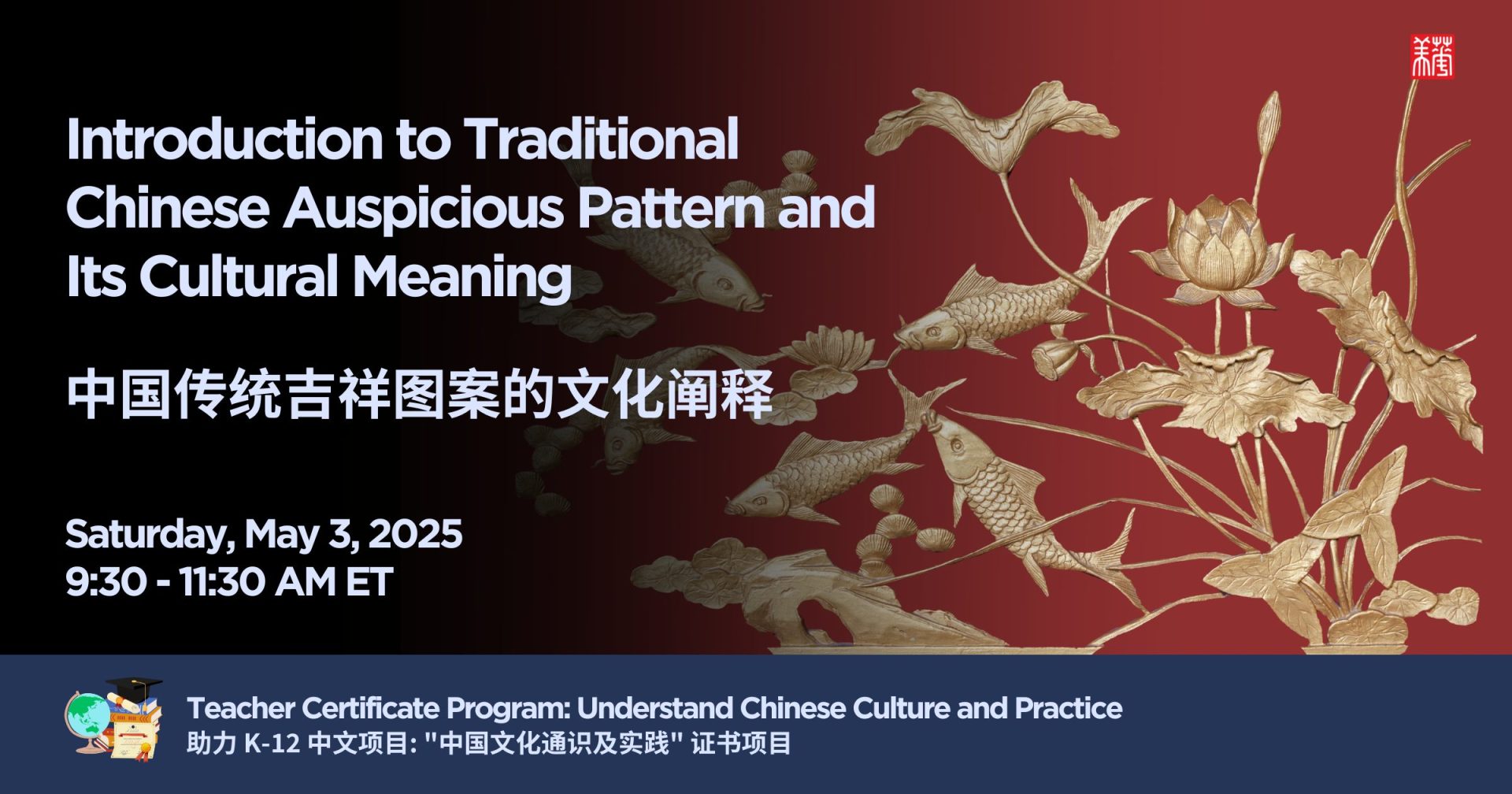Calling from Chang-gan is a bildungsroman, depicting how an innocent little girl first flowers into a shy young wife, and then into a mature woman in love: it is love that ultimately transforms her into a fearless woman warrior hell bent on doing anything and going anywhere for the return of her man.
Through the creation of this woman with an increasing intensity of her emotion journey: happiness, fears, heartbreaks, and love, courage and resolve, Li Bai (701-762), arguably the greatest poet in Chinese literature, has crossed the barrier of sex and triumphed in assuming the role of the female protagonist as the first person in his writing to express her thoughts, feelings, yearning as she tells her story. What Li Bai has achieved in this aspect is quite unique, as few other male poets (if any) throughout the history of classical Chinese poetry have achieved. And hers is not an only voice of a woman of antiquity; it resonates as the voice of every woman in love of all time: the name of this woman is far from Frailty; it must be Courage: Li Bai’s answer to Bellini’s Norma, Li Bai’s counterpart to Sophocles’ Antigone.
Calling from Chang-gan, with its full drama and feminism in poetry set in its remarkable rhyming and tonal schemes, makes for a memorable reading for all aficionados of classical Chinese poetry. It will be a Ben Wang special lecture offered in Chinese. Join us for this illuminating lecture!
乐府诗为旧体诗的一种,凡是可传唱的诗,都可称为乐府。
“乐府”起源于秦代,汉人乐府最早称歌诗,即来自民间歌谣的歌辞。后来贵族文人以及士大夫也仿制民歌来写作。乐府诗受《诗经》影响。汉乐府虽继承《诗经》朴实自然的语言风格,然突破了《诗经》的四言句式,以五言七言句式为主,形式自由变化,参差错落,不拘一格。
古代乐府如今曲谱不存,惟歌词流传下来,从标题上,有“歌、行、吟、曲、乐、弄、操、引、调”等字眼的,往往是乐府诗。
两汉乐府诗的特色,在于“缘于哀乐,感事而发”,如《孔雀东南飞》描述爱情、家庭悲剧,最为出色。至唐朝,李白方集乐府之大成。
李白撰写的乐府诗在中国古典文学上有其伟大成就与贡献,其中他初游金陵时所作的《长干行》一首尤具奇光异彩。全诗用词淡雅朴实,多近白话文,然结构严谨,主题在似乎平淡中写出极富人性與戏剧化的女性思想主义的精髓,借用春夏秋冬四季来表现一个平常“草根”女子的感情和激情。在结构上,八世纪中国的李白穿越了一千多年的文化与地理的隔阂,创用了二十世纪初英国文学中才出现的“意识流“,让读者铭心地感到人物的思维在诗歌文学中衍生出无比的力量,从而增加读者對女性产生深一层的了解。李白更透过声韵以及平仄的跌宕转合,用音乐完美地加强了女主角内心的呼唤,使一段小女子對远别爱人以及往事的点滴追忆,变成一名英勇女战士对爱情坚强执着,无畏的呐喊。
《长干行》是中国文学史上百代灿烂的一章,也是李白永远惊世的一朵奇葩。
华美人文学会于美东时间9月28日晚8时至9时半(北京时间9月29日早8时至9时半特邀汪班先生介绍李白所著《長干行》,欢迎雅爱中国古典诗歌人士前来聆听欣赏。
